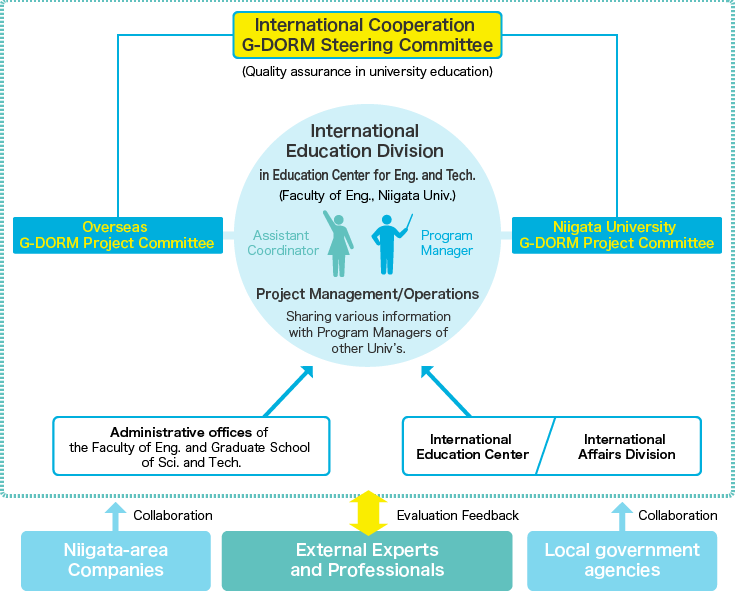About
Project background
in Niigata Univ.(since 2012)
A new, integrated educational approach that emphasizes practical problem solving
The “dormitory” part of the concept provides an environment, where small teams of people from different academic departments and different academic years can collaborate on research, much like student “dormitory” residences do in bringing older and younger students together into a shared living community. Tackling research projects in a team setting not only helps students develop stronger research skills but also fosters cooperation, cultivates leadership abilities, and lets engineering students gain the kind of social-scientific perspective they need to see things on a broader level.
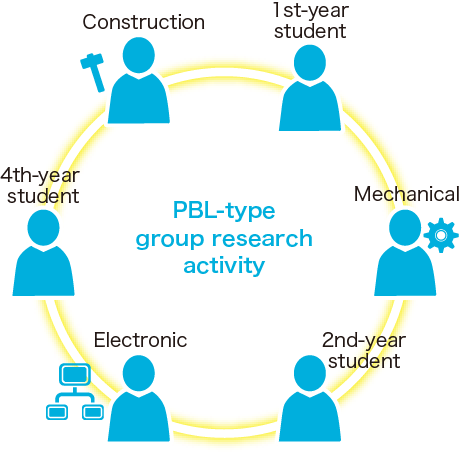
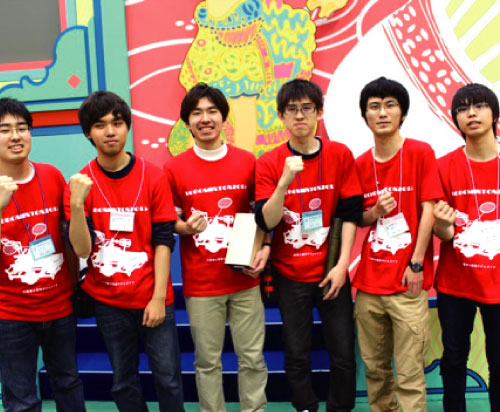
NHK Student
Robot Contest 2015:
2nd prize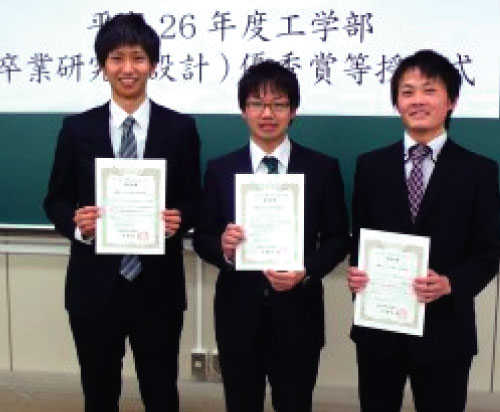
Top Graduate certification
(increasing numbers of students with high GPAs)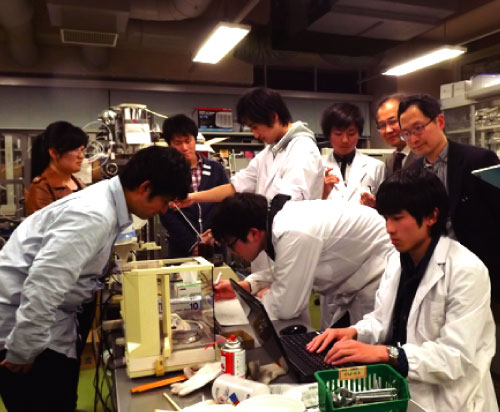
Project-based-learning(PBL)
type of group research activity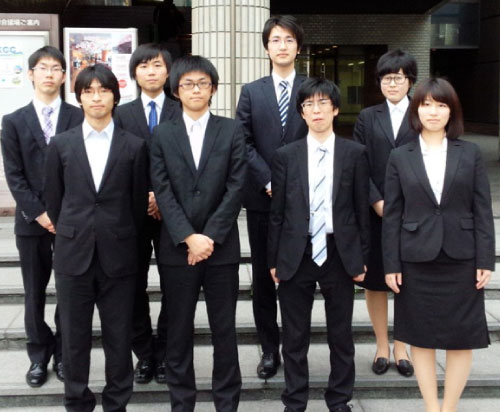
Prize-winning at
Science Intercollegiate competitions (3rd prize [2014] and 5th prize [2016])

NHK Student
Robot Contest 2015:2nd prize
Top Graduate certification
(increasing numbers of students with high GPAs)
Project-based-learning(PBL)
type of group research activity
Prize-winning at
Science Intercollegiate competitions
(3rd prize [2014] and 5th prize [2016])
Project objectives
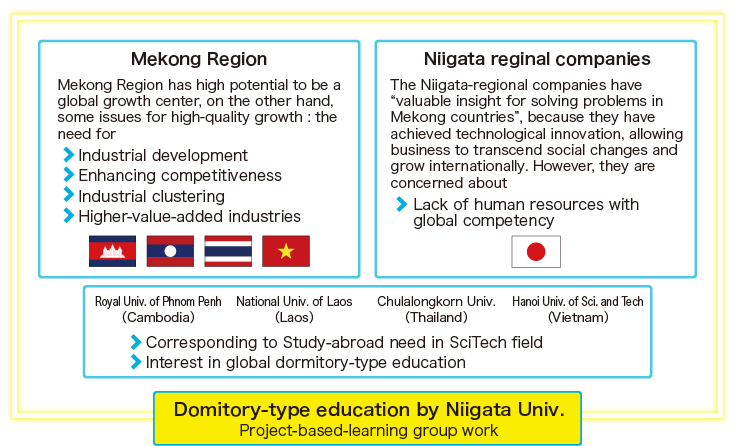

This interactive educational project will be achieved through group work (GW) internships cooperated with Niigata regional companies and the Mekong Region by utilizing the information from the achievements of “dormitory-type education” and we aim to foster global SciTech leaders capable of solving regional vitalization issues in Mekong and Niigata Region from an integrative standpoint.
Outline of exchange program
Students from Niigata University and four other universities in the Mekong countries shall form cross-academic year, cross-disciplinary, multinational student teams, which is a characteristic of “dormitory-type education”, and will conduct mainly group work (GW) in short-term (10 days), medium-term (2 months) and long-term (6-12 months) courses. In GW internships , students will experience different societies at first hand, aiming to develop knowledge of a coherent process for industrial change. These courses are offered in cooperation with Niigata regional companies that possess international development capabilities (including local subsidiaries in the Mekong region). In addition, students will understand the different problems and needs of different countries from the perspective of regional cooperation.
Conclusion: Outcomes
The central goal is to develop global SciTech leaders capable of solving regional revitalization issues from an integrative standpoint: people who can combine an industry-academia approach to regional collaboration, multi-disciplinary thinking, an international mindset, leadership, and insight into the consistent process of industrial change.

-
 Employment opportunities at Niigata/Mekong Region industries
Employment opportunities at Niigata/Mekong Region industriesVitalizing regions from a global perspective
-
 Infrastructure, manufacturing, and other industries
Infrastructure, manufacturing, and other industriesCreating and developing sustainable, high-quality industries
-
 Quality-assured,international standard-compliant GW programs
Quality-assured,international standard-compliant GW programsExpanding dormitory-type education in Japan and abroad

Project management/evaluation structure
